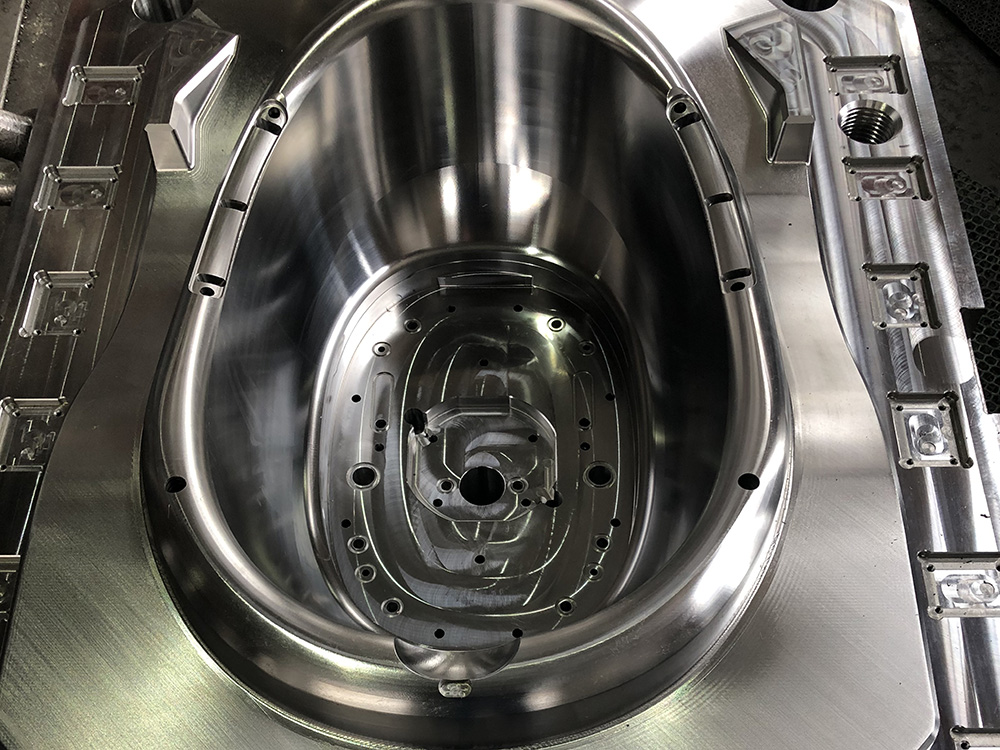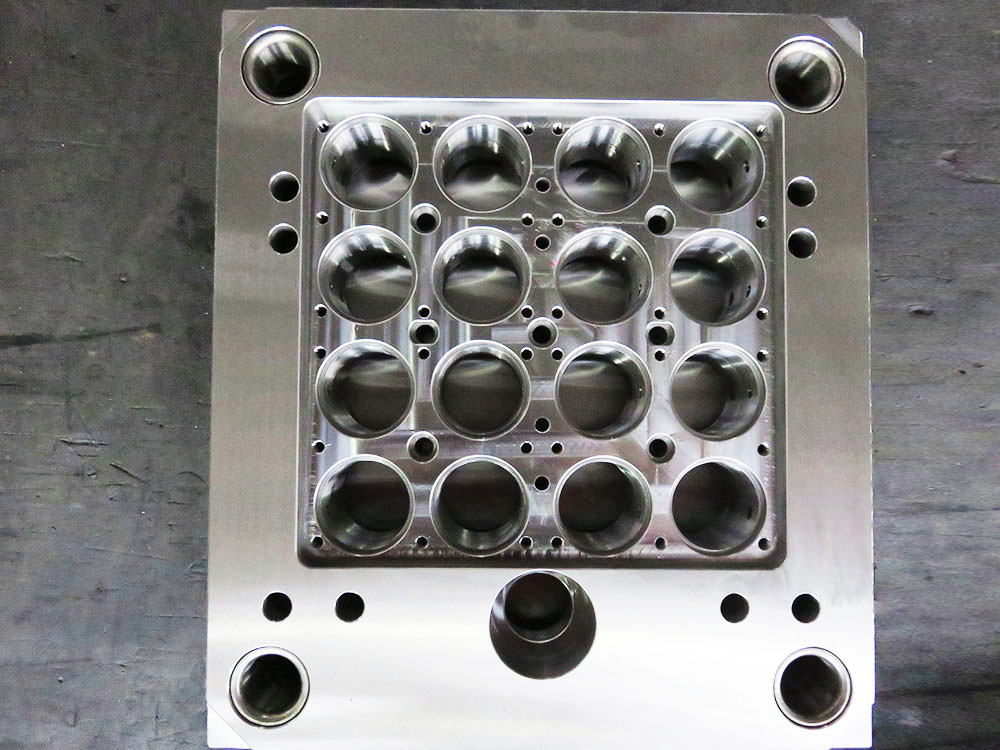What Does a Model Factory Do?
A model factory is a specialized facility that focuses on the production of mold bases for various industries. Mold bases are an essential component in mold making processes as they provide the foundation for creating molds used in manufacturing products. The model factory plays a crucial role in efficiently and accurately producing high-quality mold bases to meet the specific requirements of their customers.
Production Process in a Model Factory
The production process in a model factory involves several steps that ensure the precise manufacturing of mold bases. These steps include:
1. Design and Engineering: The first step in the production process is the design and engineering stage. Here, the model factory team works closely with customers to understand their requirements and design custom mold bases accordingly. This involves using computer-aided design (CAD) software to create detailed 3D models of the mold bases.
2. Material Selection: Once the design is finalized, the appropriate material for the mold base is selected. Typically, mold bases are made of high-quality metals such as steel or aluminum, which offer durability and excellent thermal conductivity.
3. CNC Machining: The next step is CNC (Computer Numerical Control) machining, where the mold base design is translated into machine instructions. CNC machines use automated tools to precisely shape the chosen material according to the 3D model. This process ensures accuracy and consistency in the production of mold bases.
4. Surface Treatment: After the CNC machining process, the mold bases undergo surface treatment to enhance their durability and performance. This may include processes like polishing, grinding, or coating to improve the mold base's surface finish and resistance to wear and corrosion.
5. Quality Control: Quality control is a critical aspect of the model factory's production process. Through various inspection techniques, such as dimensional checks and visual inspection, the model factory ensures that the mold bases meet the required specifications and standards. This step is essential to deliver mold bases with high precision and functionality.
Advantages of a Model Factory
A model factory brings several advantages to the mold base industry, including:
1. Specialized Expertise: Model factories specialize in producing mold bases, allowing them to gain in-depth knowledge and expertise in their field. This expertise enables them to understand customer requirements better and deliver customized solutions efficiently.
2. Precision and Quality: The use of advanced technologies like CAD and CNC machining ensures the production of mold bases with high accuracy and quality. The model factory's commitment to quality control further enhances the precision and functionality of the mold bases produced.
3. Customization: Model factories work closely with customers to design and manufacture mold bases tailored to their specific needs. This customization capability allows for the production of mold bases that are optimized for a particular manufacturing process or product.
4. Efficiency and Timeliness: Model factories focus solely on mold base production, allowing them to streamline their processes and deliver products within the agreed-upon timelines. Their expertise and efficient production methods ensure timely delivery of high-quality mold bases.
5. Continuous Innovation: Model factories strive to stay updated with the latest technologies and industry trends to provide cutting-edge solutions. This commitment to innovation contributes to the development of advanced mold bases that cater to evolving manufacturing requirements.
Conclusion
A model factory plays a vital role in the mold base industry by efficiently producing high-quality mold bases. Through a well-defined production process, including design, material selection, CNC machining, surface treatment, and quality control, model factories ensure the precise manufacturing of mold bases. Their specialized expertise, focus on customization, and commitment to precision and quality contribute to the advancement of the mold base industry and meet the specific needs of various manufacturing sectors.




